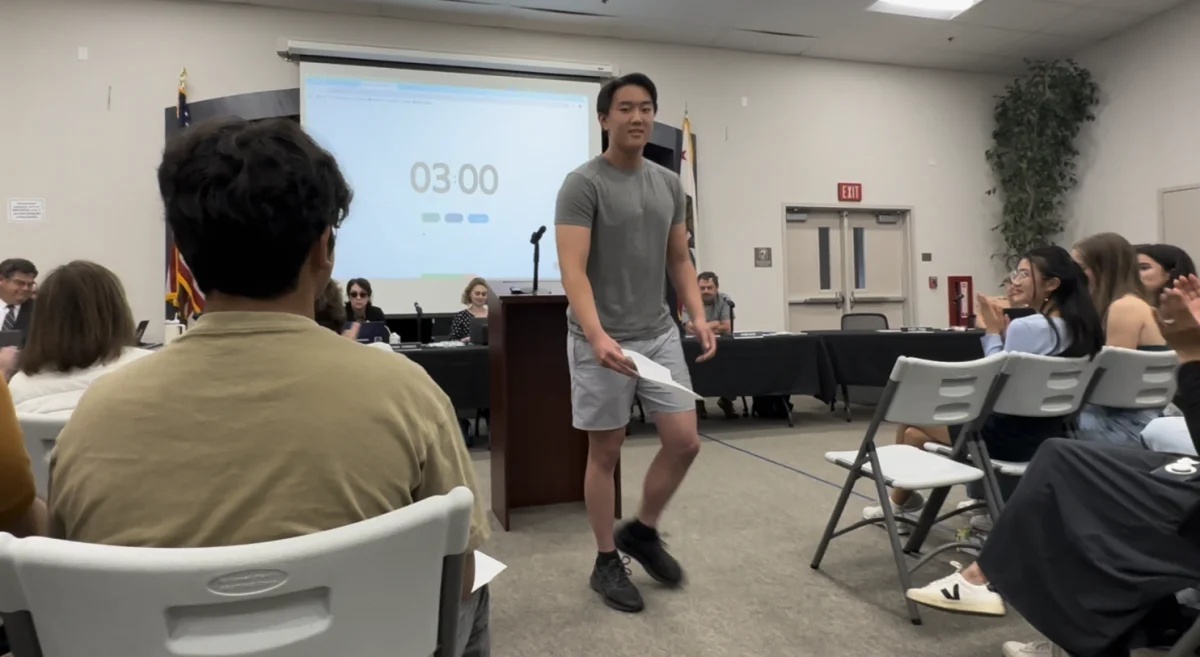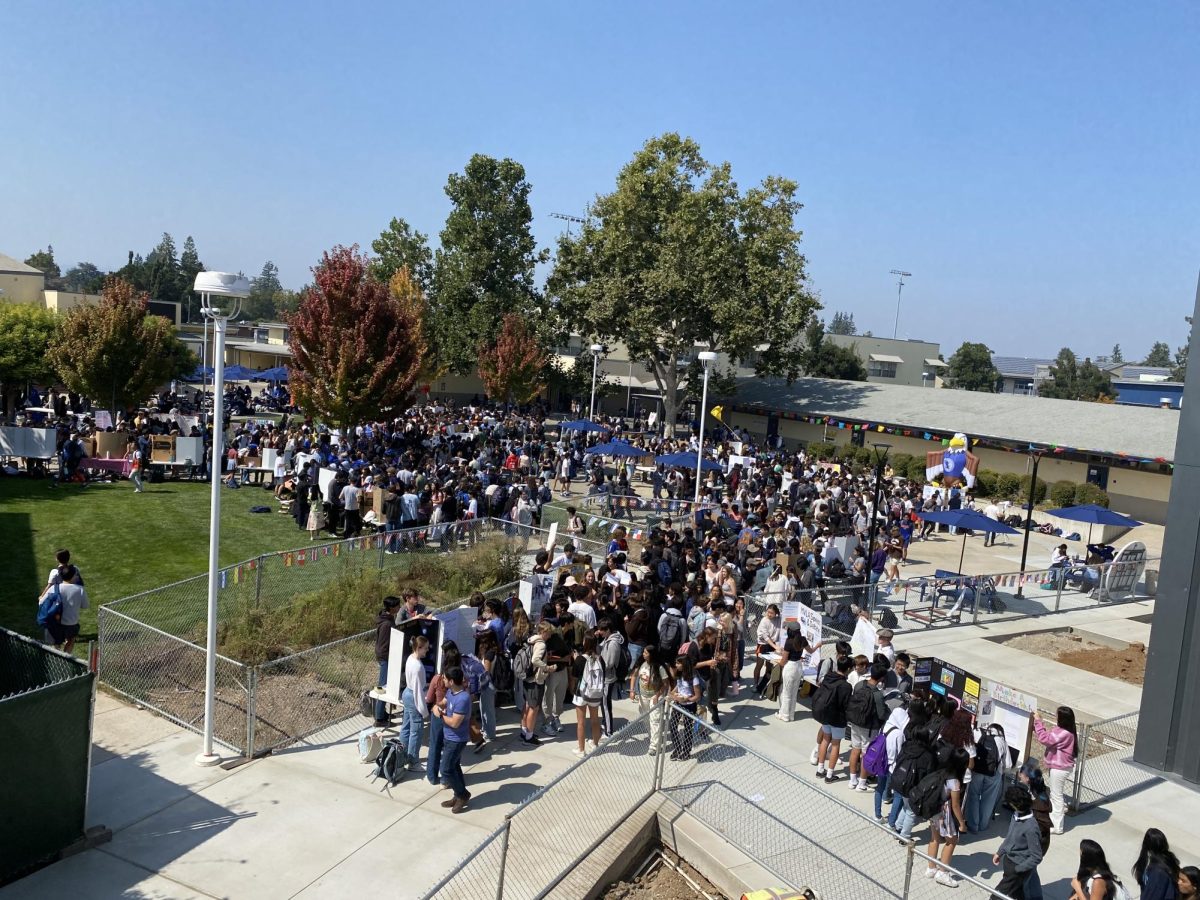The intense rush student athletes get when they win a sports game is an amazingly rewarding feeling, but coaches have an undeniably large role in determining whether athletes ever get to feel this rush.
Because of this the current coach hiring process should include more thorough background checks to ensure that athletes have the greatest chance of having coaches who respect them and foster enthusiasm and athletic growth.
According to Athletic Department Director Kim Cave, the current coach selection committees interview prospective coaches who have “good references from people that know of their previous coaching ability.”
These references definitely must be called and everything possible should be done to maximize the accuracy of prospective coaches’ background information. While the current process has been successful, there have been occasional instances of mis-hires, which should be reduced in number.
“[Problems] like these aren’t typical, but they happen every now and then,” Cave said. “There always may be one person that might slip through.”
An example of this is the recent situation of the girls’ varsity tennis team. According to multiple team members, their coach was not the most qualified individual for the job and was swiftly fired, though not before abusing her athletes psychologically and physically. The utmost should be done to prevent this from happening again.
Because coaches shape their athletes’ practices and athletic experiences, mis-hires who physically or verbally abuse their athletes can leave harmful and lasting impacts on athletes as much as qualified coaches enrich athletes’ experiences.
“The coach has a big impact on how we play,” JV girls water polo member sophomore Elaheh Salehi said.
Furthermore, coaches exist to facilitate a productive environment, not prevent their athletes from training and preparing for matches.
“The doubles players were forced to play singles, elongating tryout time and overall making everything more and more complicated and inefficient,” an anonymous varsity girls tennis player said.
It is true that the school has done a mostly commendable job of hiring dedicated and experienced sports coaches. Furthermore, Cave and the Athletic Department should be commended for their swift removal of the former varsity girls tennis coach and immediately finding a replacement.
But while they are justified in wanting to put the past behind, the process of selecting new coaches still needs to be refined to further reduce the number of mis-hires. It may seem difficult to weed out every single potentially bad coach, but according to Cave, “[the Athletic Department] is always open-minded to making things better,” and any preventable instances of mis-hiring should not occur.
Some may also argue that a lack of prospective coaches contributes to the hiring of unqualified coaches, but as coaches can deeply influence their athletes, a coach with a questionable background would not necessarily be better than no coach.
As student athletes represent the school and devote time and effort to school sports, the school has an obligation to ensure that its sports coaches respect and encourage athletes to grow in all respects.
As such, hiring committees must look at alternative ways to gather prospective coaches’ background information to secure the safest, most enjoyable and productive environment possible for athletes.









Annie Nonimus | Sep 29, 2009 at 5:14 pm
I have been a quiet witness to the false allegations attributed by the athletes regarding the particular coach in question.
The “multiple team members” making these false allegations need to be stopped and a retraction and apologies should be forthcoming quickly!!!!
The people making the damaging allegations should be suspended and made to realize the damage such disrepectful behavior caused. Their complaints are more than unwarranted and have caused much harm to many people, including themselves, the coach in question, their team members, the school, the athletic director, the other coaches, and more.
It is appalling to categorize the situation as a mis-hiring!!